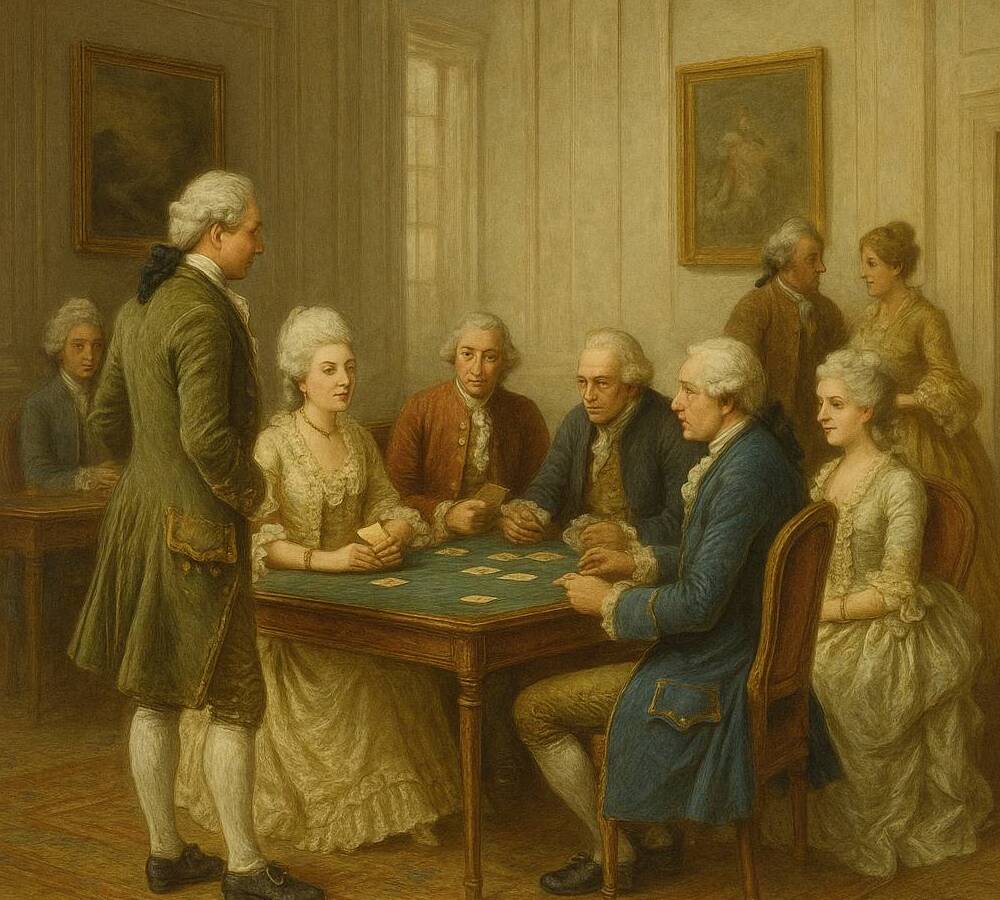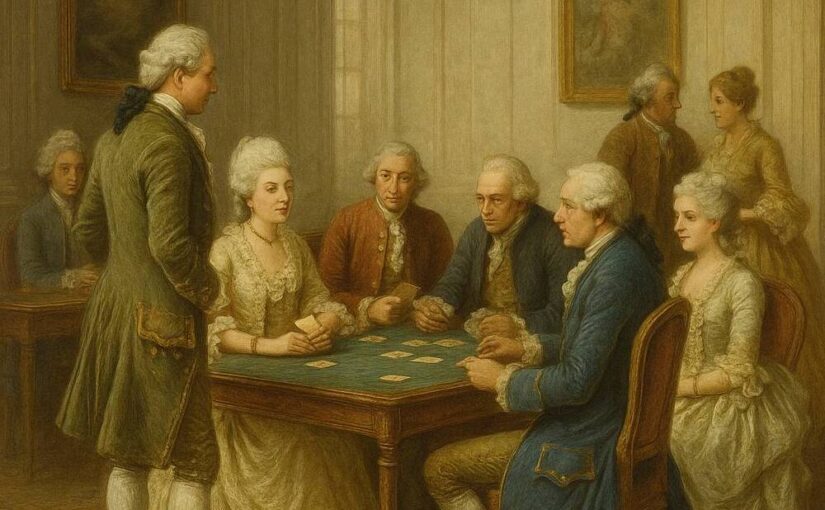When people hear the word casino, they often imagine a room full of slot machines, poker tables, and high-stakes gamblers. But the origin of casinos tells a completely different story. Before becoming hubs of betting and entertainment, casinos were once social and cultural gathering places for the elite. In this article, we explore how casinos began, their original purpose, and how they evolved into what we know today.

The Meaning Behind the Word “Casino”
Casino originally meant “small house” or villa for leisure
The word casino comes from the Italian word casa, meaning house, with the diminutive -ino, implying a “small house.” These early casinos were not gambling dens—they were elegant venues located in gardens, villas, or pavilions where the aristocracy gathered for recreation and social activities. Music, dancing, intellectual conversation, and occasional games were all part of the experience.
Early Casinos as Cultural and Social Spaces
Music, art, and conversation took center stage
In 18th-century Europe, casinos functioned more like private clubs for the upper class. Places like the Ridotto in Venice (opened in 1638) offered aristocrats a place to socialize under strict dress codes and behavioral expectations. Far from being purely profit-driven, these casinos were designed to facilitate refined social interaction, with gambling as a secondary activity.
Why Casinos Shifted From Culture to Commerce
Industrialization and democratization of entertainment
By the late 19th century, the social landscape was shifting. The decline of aristocracy and rise of the middle class, along with mass tourism and industrial wealth, transformed casinos into more commercial ventures. Gambling became central, and casinos evolved into tools for economic stimulation and entertainment rather than cultural enrichment.
What Remains of the Original Casino Today?
Modern casinos still carry traces of their past
While today’s casinos are often associated with high-risk games and bright lights, elements of their origin remain. VIP lounges, luxurious hotels, live shows, and fine dining options reflect the original social and cultural purposes. Resorts like The Venetian in Macau or Bellagio in Las Vegas embody this dual identity—offering both gambling and high-end experiences.
Remembering the True Origin of Casinos
The origin of casinos is rooted in culture, not gambling. What began as venues for music, discussion, and elegance gradually transformed into commercial gambling hubs. Understanding this history helps us see that casinos are not just about games of chance—they are also reflections of social change, cultural values, and economic shifts. Perhaps the next time you enter a casino, you’ll look beyond the tables and see the echoes of its aristocratic past.
